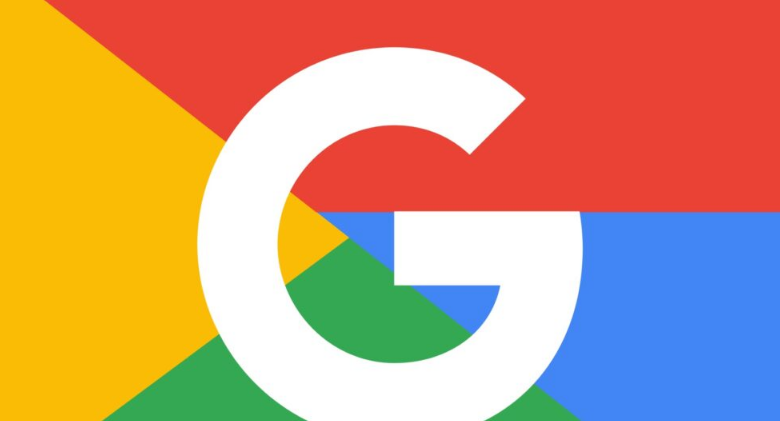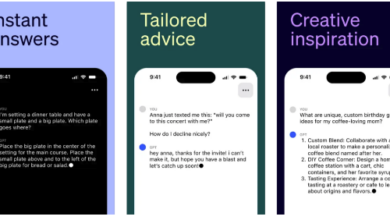
Google and Facebook are getting worse because of AI
Google’s artificial intelligence has been placing links to scam and malware sites in the references of the generated responses. In tests, the tool directed users to pages with suspicious Chrome extensions, fake iPhone sweepstakes, and other scams. And this isn’t the only example of a service that has gotten worse since the rise of AI: Facebook is getting more and more cluttered with artificial images, also intended to harm users.
Google’s problem was noticed by SEO consultant Lily Ray and confirmed by Bleeping Computer. It happens in the Search Generative Experience (SGE), a feature of the search engine that uses generative AI to write a text with information related to what the user searched for. The SGE lists the texts it used as a reference to write that response. Here’s where the problem lies: Google has been placing links to malicious or spam pages among the references.
You may have even seen some of these pages. When doing a search, they sometimes appear among the results, as if they were legitimate websites. In some cases, they even take advantage of trusted domains, such as city halls or academic publications. When clicking, however, the user does not find any of that content. It’s as if that text only existed for the search engine robot.
Google, so far, hasn’t found a way to solve this type of attack in search results. With SGE, the situation has gotten worse: now, harmful websites also appear as references to AI-generated text, giving them more prominence and even credibility, which can lead more people to click.
In Bleeping Computer’s tests, the search engine sent a little bit of everything as a reference to the information: fake websites that ask for permission to send notifications, but only send scam attempts; pages posing as antivirus; fake iPhone sweepstakes.
Funnily enough, this happened to me a few days ago. When researching whether a visa was required to enter England, Google generated an automatic response, and pointed to the website of the Municipality of Picos (PI) as the source of the information. I thought it was strange and clicked: I ended up in an advertisement for the “tiger game”.
Facebook is full of AI-generated fake images
While Google’s AI curls up and recommends untrustworthy sites, Facebook is also worse off because of the technology. Unlike the search engine, however, here those who are using AI tools, such as Midjourney and Stable Diffusion, are the scammers themselves.
A study by Stanford University (United States) analyzed 120 pages that published at least 50 AI-generated images each. The researchers identified that some of them act in a coordinated way. Spam pages use clickbait tactics to lead users to websites of dubious quality, generate views, and make money from advertisers. Scam pages, on the other hand, try to sell products that don’t exist or trick users into giving up personal data.
The researchers also observed that these AI-generated images are recommended by Facebook’s feed algorithm, making them appear even to those who don’t follow the pages that publish this type of content. The study reports that many comments on these images imply that people believed the images were real.
For a few years now, Facebook has been used by an older audience, as teenagers and young people have migrated to other networks, such as Instagram and TikTok. A report by The Daily Beast mentions some research that points out that adults and seniors have more difficulty identifying images and audio created by AI. This makes them the preferred targets of scammers.
Andrea Henderson, a professor at the University of Mississippi (USA), says that it is important to talk to older people to inform them what generative AI is and what are the signs that an image was made using one of these tools. “We need to have more public conversations about this issue, including all generations,” he said.




